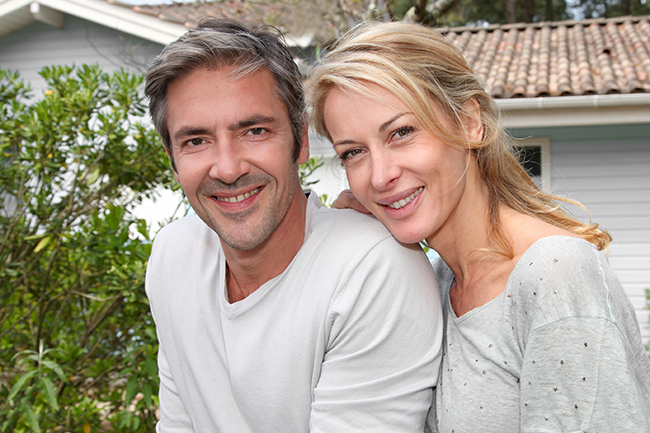The Key To Healthy Aging

By Mark Menolascino, MD
Healthy aging is more than just looking good. Wellness is not just lack of disease and anti-aging is not just living to 120 years old! Optimal aging is achieving your best by age 50 and staying there. No longer be satisfied with the slow decline to the nursing home. My goal is to be hiking and skiing in Jackson Hole with my grandkids at age 90.
Today, it’s possible to get a 360-degree look to optimize aging using personalized, precision medical testing; assessing nutritional deficiencies; toxicity; and hormone balance. So just how do we do this? Recently, knowledge of the interaction of your genetics and biochemical pathways for nutritional optimization, as well as toxicity damage or susceptibility, has opened the door to what may be the keys to aging well. I stress caring for the body using an inside-out and outside-in approach. By assessing the genetic vulnerabilities in each of us that cause free-radical damage to occur, we can better tailor our nutritional needs—both by food and dietary supplements. Called epigenetics, it speaks to how we can turn on healthy anti-aging genes by our lifestyle and food quality choices.
Naturally, we can also make poor decisions and turn on “bad” genes that drive and accelerate aging pathways. We can learn how toxicity uniquely affects us so we can avoid it and shore up our defenses to not let oxidative stress do damage to our skin, our eyes, our brains, and hearts. At the end of the day, aging is truly about inflammation driving the oxidative damage, and we want to target any and all pathways to reduce that harm. It’s the key to looking good as we age as well. The ultraviolet damage and toxic damage we get from stress and environmental pollutants take a toll on our skin and the more we can do to protect this important layer—the largest organ in our body—the less it will age.
There has been much written on hormones for men and women, particularly bio-identical hormones. Many people have benefited from hormone therapy, and the real question to ask is why were the hormones low in the first place? By evaluating nutritional deficiencies, particularly vitamin D, we can provide an environment in the body for production of optimal hormones. Don’t forget: vitamin D is not a vitamin, it is a steroid hormone and every cell in the body needs vitamin D. Yes, it is good for your bone health, especially in women, yet may be more important for brain, heart, and immune health. Current recommended levels, in my opinion, are too low, and my recommendation is to search out a Functional Medicine Physician who can look at you in a personalized way and optimize your nutrition, reduce any deficiencies, get your systems back into synch so that you may not need hormones. Some people, however, do benefit from hormone therapy and each situation needs to be personalized and optimized with the lowest dose for the least amount of time to provide the best advantage; it’s my hormone therapy mantra.
For the anti-aging benefits all around and in particular the skin one of my favorite foods is tomatoes and for nutritional supplements is lycopene. It’s the most potent free-radical scavenger to reduce oxidative stress throughout the body. For our skin, it acts almost as sun block from the inside. Lycopene also has benefits to the heart, and when combined with lutein, it appears to reduce macular degeneration to protect from the aging effects of vision loss. Lycopene also appears to have an anti-cancer effect with studies suggesting it may reduce prostate cancer.
Also be sure to use very high-quality nutritional supplements. While high quality targeted nutritional supplements are very helpful, don’t forget to let food be your medicine as well and include 6-to-8 different colors of the rainbow in fruits and vegetables daily.

Dr. Mark Menolascino is key medical opinion leader at Lycored (lycored.com).



